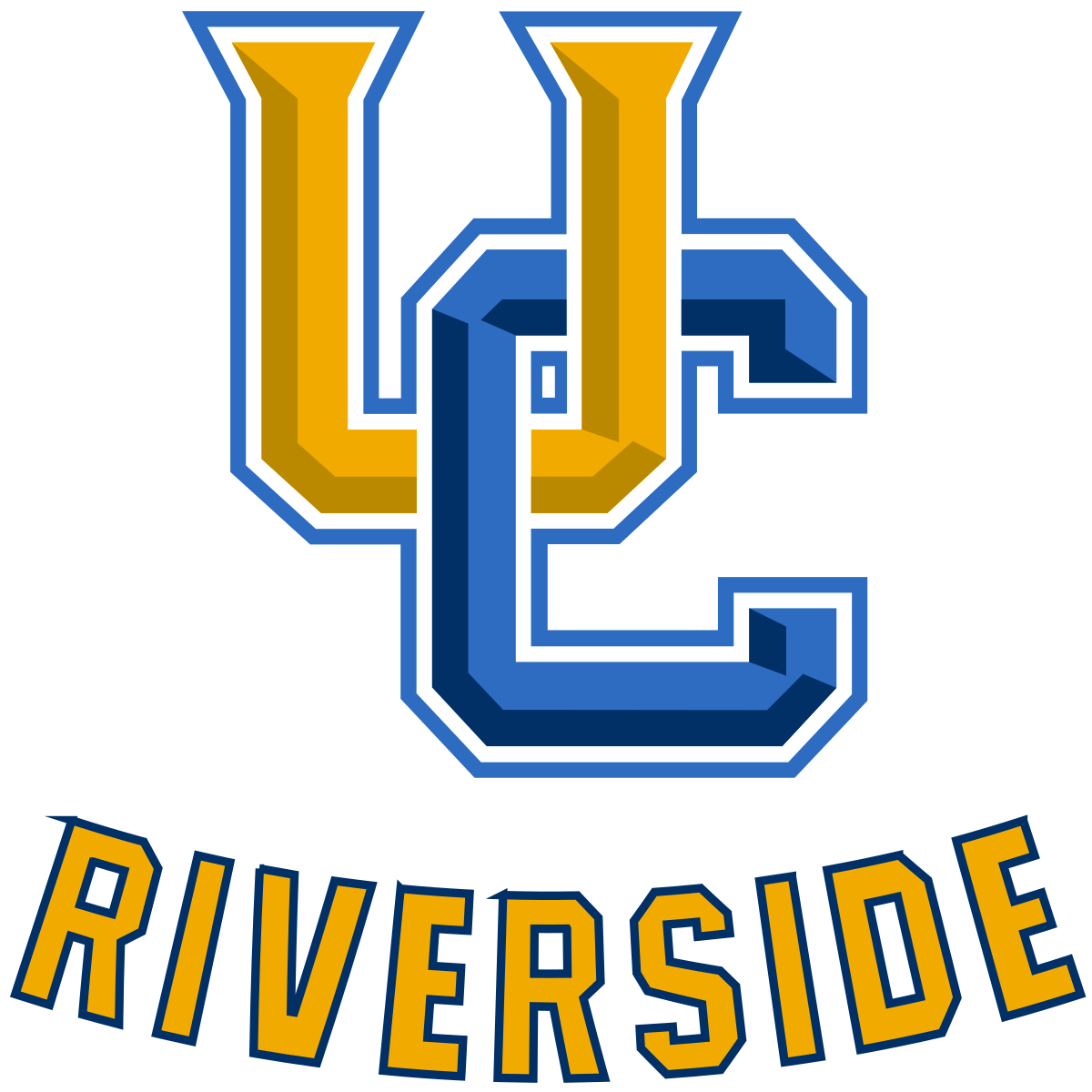Basic and applied research collide to improve immunology
Age-related macular degeneration (AMD) is a leading cause of vision loss in the US. Like many other autoimmune diseases, AMD has been a challenge to treat despite years of rigorous research. Dr. Dimitrios Morikis, Professor of Bioengineering at the University of California, Riverside, uses computational and experimental approaches for knowledge-based drug and biomarker discovery. He and his team target the complement system, a part of the immune system that is involved in nearly every autoimmune disease. Currently, there are only two FDA-approved drugs against the complement system, both being protein-based therapeutics and part of the list of the five most expensive drugs in the clinic. Therefore, there is a need for less expensive peptidic or small molecule drugs to target diseases that involve the complement system. Dr. Morikis’ research can help meet that need through his well-established efforts against AMD which will lead to other suitable drugs for complement system-mediated diseases, including rare diseases.
For over twentyfive years, Dr. Morikis first has been elaborating on the field he created, immunophysics, or the study of the physical basis of immune system function and regulation and immunoengineering, or the use of immunophysics knowledge to design regulators and inhibitors of the immune system with tailored properties and functions. This approach has allowed him to actively translate computational approaches to clinical applications. His commitment to mentoring students, in addition to his many active collaborations in four continents, has propelled him to become a leader within his field. Dr. Morikis and his team develop and test mechanistic hypotheses to quantitatively understand structure-function relations at the molecular level, and protein-protein interactions at the systems biology level. Thus, their unique approach is an empirical way to achieve results that matter in clinics.
Current research includes:
-
Developing Drugs: Dr. Morikis specializes in the development of drugs and early-stage diagnostics. He has contributed significantly to targeting age-related macular degeneration (AMD) and expects that, in the future, drugs developed for AMD will also aid in treating other autoimmune and inflammatory diseases.
-
Biomarkers: Biomarkers are an important diagnostic tool for detecting diseases earlier than ever before. Dr. Morikis and his team are developing biomarkers for complement system-mediated autoimmune and autoinflammatory diseases, which will be important for clinical applications.
-
Systems Biology Approaches: Dr. Morikis develops systems of biochemical reactions that describe the activation, propagation, regulation, and termination of the complement system, and uses mathematical modeling approaches to trace the dynamics of pathways and networks of protein-protein interactions. These models not only provide basic science knowledge on the mechanisms of immune system function against pathogens, but they can be tailored to describe complement-mediated autoimmune and inflammatory diseases when complement system regulation fails.
-
Bioinformatics Tools: Dr. Morikis develops both structural bioinformatics tools for the study of protein-protein interactions and translational bioinformatics methods for the analysis of the effects of drugs in computational disease models. His group has published a computational tool, called AESOP (acronym for Analysis of Electrostatic Structures Of Proteins) that has predictive power on the effects of mutations on interacting protein interfaces, based on computational mutagenesis and electrostatic calculations. His group is also developing translational computational models for complement-mediated diseases, such as AMD, atypical hemolytic uremic syndrome (aHUS), paroxysmal nocturnal hemoglobinuria (PNH), among others, and the effects of drugs in restoring disease-free conditions, based on systems of differential equations. Another computational model developed by Dr. Morikis group is an in silico diagnostic for HIV cell entry. Although structural bioinformatics methods are useful for understanding basic science at molecular level, translational bioinformatics methods are expected to revolutionize personalized medicine, in identifying drug targets, selecting drug treatment, and selecting biomarkers for in silico prediction of disease progression.
-
Molecular Mechanisms: Dr. Morikis will continue to study immunophysics with an aim to understand the molecular mechanisms of immune system function and regulation, and interactions of immune system with pathogens. By contributing to basic research, applied research is able to meet new demands and provide solutions for some of the most challenging questions. Likewise, he and his team are continuing efforts in immunoengineering, aiming at the design or redesign of immune system regulators or inhibitors with tailored physicochemical properties and desired biological functions.

Bio
As a child, growing up in the town of Delphi in Greece, Dr. Morikis’ dream was to become a soccer player. This early interest in soccer instilled in him perseverance for achieving goals and introduced him to competition, fair play, and teamwork. However, a setback due to a double injury at the age of twelve, made him refocus on his second interest at the time, studying. In high school, he was fascinated by the works of the great mathematicians, physicists, and chemists who made significant discoveries and gave their names to physical laws, theorems, equations, chemical processes, and more. With this inspiration and his passion for academics, Dr. Morikis decided to pursue a career in science or engineering.
After high school, he studied physics at the university in Thessaloniki, Greece, where he developed an interest in research through his exposure to physics and chemistry labs as well as discussions with senior students and his professors. A turning point was between his junior and senior years when he received a summer internship for research training at the Institute of Atomic and Molecular Physics, in Poznan, Poland. This was an eye-opening research and cultural experience in an international setting, which eventually led Dr. Morikis to apply to graduate school in the US.
Dr. Morikis arrived in Boston with a Fulbright Scholarship to study physics at Northeastern University where, for the first time, he was fascinated with the role that physics plays in biological functions and decided to perform his doctoral thesis in biophysics. Using resonance Raman scattering and other spectroscopic methods, he studied the electronic structure and dynamics of the heme pocket of myoglobin, prepared numerous protein samples, and wrote computer software for data analysis and simulation.
His next step was a transition from electronic to molecular structure during his postdoctoral fellowship at the Scripps Research Institute in La Jolla, CA, where he used nuclear magnetic resonance (NMR) spectroscopy to study the structure and dynamics of the plant heme protein leghemoglobin. While at Scripps, a colleague introduced him to the concept of peptide design and asked him to perform a structural analysis by NMR. This was the beginning of Dr. Morikis’ molecular bioengineering approaches for the design of de novo peptides forming single elements of secondary structure, and subsequently peptidic and peptidomimetic drug design.
Dr. Morikis further supplemented his spectroscopy and structural biology training with computational methods during a senior postdoctoral fellowship at the University of California, San Diego; there, he started using computational approaches based on electrostatic calculations and molecular dynamics simulations for mechanistic studies of protein function. In 2001, he started an independent faculty position at the University of California, Riverside and helped launch the Department of Bioengineering in 2006 as a founding faculty member.
Because of a health condition, Dr. Morikis decided in the mid-nineties to dedicate his research efforts to the study of the immune system, using a cross-disciplinary approach in line with his training, encompassing computational and experimental methods from biophysics, structural biology, computational chemistry, and bioengineering. He subsequently coined the term immunophysics to describe his research efforts to understand the physical basis of the mechanisms of function and regulation of the immune system and its interaction with pathogens. Furthermore, he coined a related term, immunoengineering, to describe the design of peptide and protein-based therapeutics and small molecule biomarkers for drug discovery against autoimmune and inflammatory diseases. Additionally, Dr. Morikis is working on the development of structural bioinformatics and translational bioinformatics tools. He has a computational lab with high-end computers and clusters and a wet lab for protein-ligand interactions which thrive with very capable, dedicated, and enthusiastic graduate and undergraduate students, and occasionally postdoctoral fellows and visitors.
In his free time, aside from research, Dr. Morikis enjoys spending time with his family, he loves watching sports and movies, and often travels to Europe. He admits that when he is not in his lab, much of his time is spent thinking about his research. In short, for Dr. Morikis, the work he does each day is his true life passion.
Website: http://biomodel.engr.ucr.edu/
In the News
Publications
Videos
Awards
2013, Carolyn K. McGillvray Memorial Award for Macular Degeneration Research, BrightFocus Foundation
2012, Chancellor’s Award for Excellence in Undergraduate Research and Creative Achievement, University of California, Riverside
2011, OCEC (Orange County Engineering Council) Distinguished Engineering Educator Award
2008, AIMBE (American Institute for Medical and Biological Engineering) Fellow
2006, AAAS (American Association for the Advancement of Science) Fellow
2003-2004, Non-Senate Distinguished Researcher Award, University of California, Riverside
1999-2001, NIH (National Institutes of Health) National Research Service Award-Senior Fellowship, Department of Chemistry and Biochemistry, University of California, San Diego
1993, The Scripps Society of Fellows Award, The Scripps research Institute, La Jolla
1983-1984, Fulbright Scholar, Department of Physics, Northeastern University, Boston
Patents
Functionally Selective Ligands for Study and Inhibition of Inflammation
https://techtransfer.universityofcalifornia.edu/NCD/25919.html
C3d-binding Biomarkers for Detection of Complement-mediated Inflammation
https://techtransfer.universityofcalifornia.edu/NCD/25956.html
Novel Compstatin Analogs for the Treatment of Inflammatory and Autoimmune Diseases
https://techtransfer.universityofcalifornia.edu/NCD/24322.html


